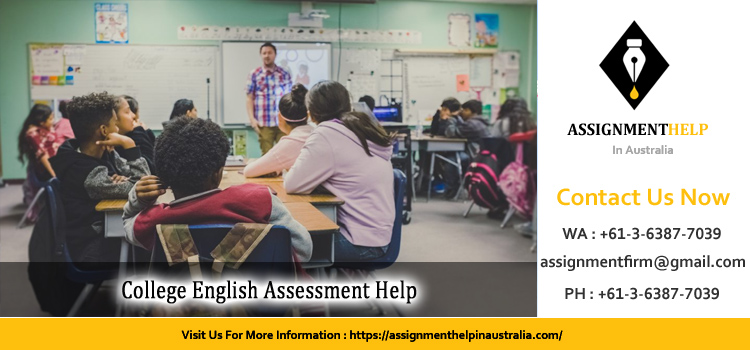Subject Code & Title : COMM1003 College English
Assignment Type : 10%
One of the course learning goals of English Skills is to accurately understand post-secondary sources. In order to achieve this learning goal it is important that we paraphrase the main message of a text and present some one else’s ideas in an objective and unbiased way.
COMM1003 College English Assessment

Course Learning Outcome(s):
o Accurately read college-level texts and summarize material using their own words and outline.
o Revise and edit their own writing to improve organization sentence structure grammar and mechanics.
Instructions:
1.Read the article from the assignment folder “Cape Town Water Crisis”, found in the summary submission area
2. After carefully reading the text write a formal summary paragraph. Use the COMM 1003 – Summary Assignment that follows the structure we explored in class.
3.Use the rubric to check your work. Ensure that you’re including and following all the criteria in the rubric.
COMM1003 College English Assessment
The following features are the success criteria for this assignment:
• Is entirely written in the student’s own words (paraphrased)
• Demonstrates student’s ability to provide a concise and accurate rephrasing of a text with enough information so that the reader can understand the main idea and purpose of the work based on the summary
• Incorporates reporting verbs to link ideas to the author
• Does not include any direct quotations
• Does not include the use of “I” and does not include student opinions or interpretations
COMM1003 College English Assessment
The Summary Paragraph Criteria:
The following features are the success criteria for this assignment. Please follow this link to the rubric, which also details how you will be marked:
1.Is entirely written in the student’s own words (paraphrased)
2.Demonstrates student’s ability to provide a concise and accurate rephrasing of a text with enough information so that the reader can understand the main idea and purpose of the work based on the summary
3. Incorporates reporting verbs to link ideas to the author
4. Does not include any direct quotations
5. Does not include the use of I and does not include student opinions or interpretations.


